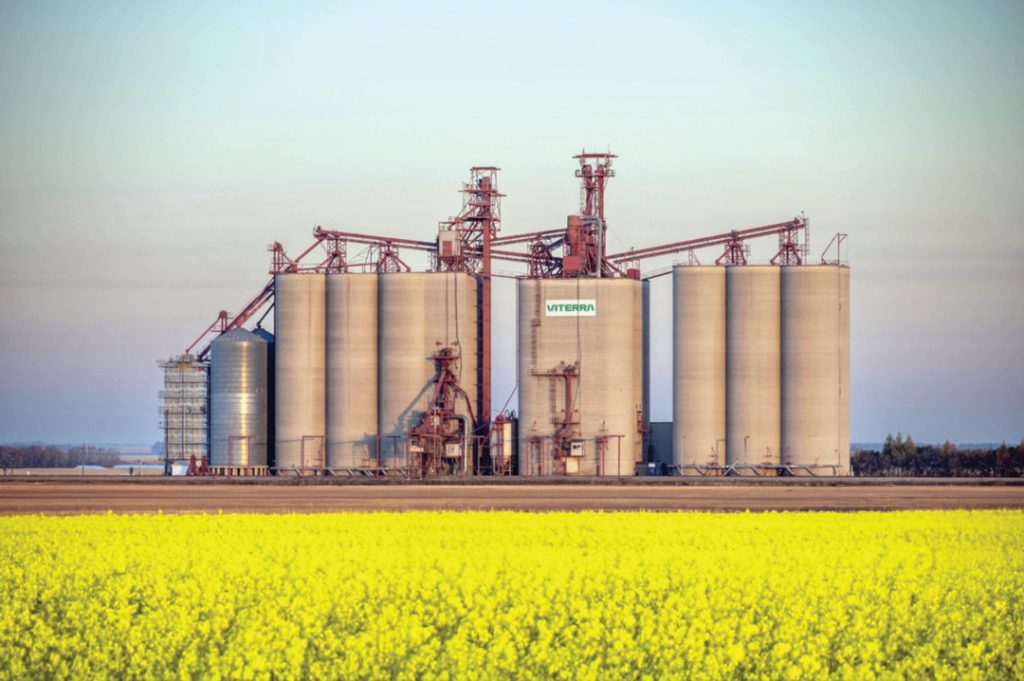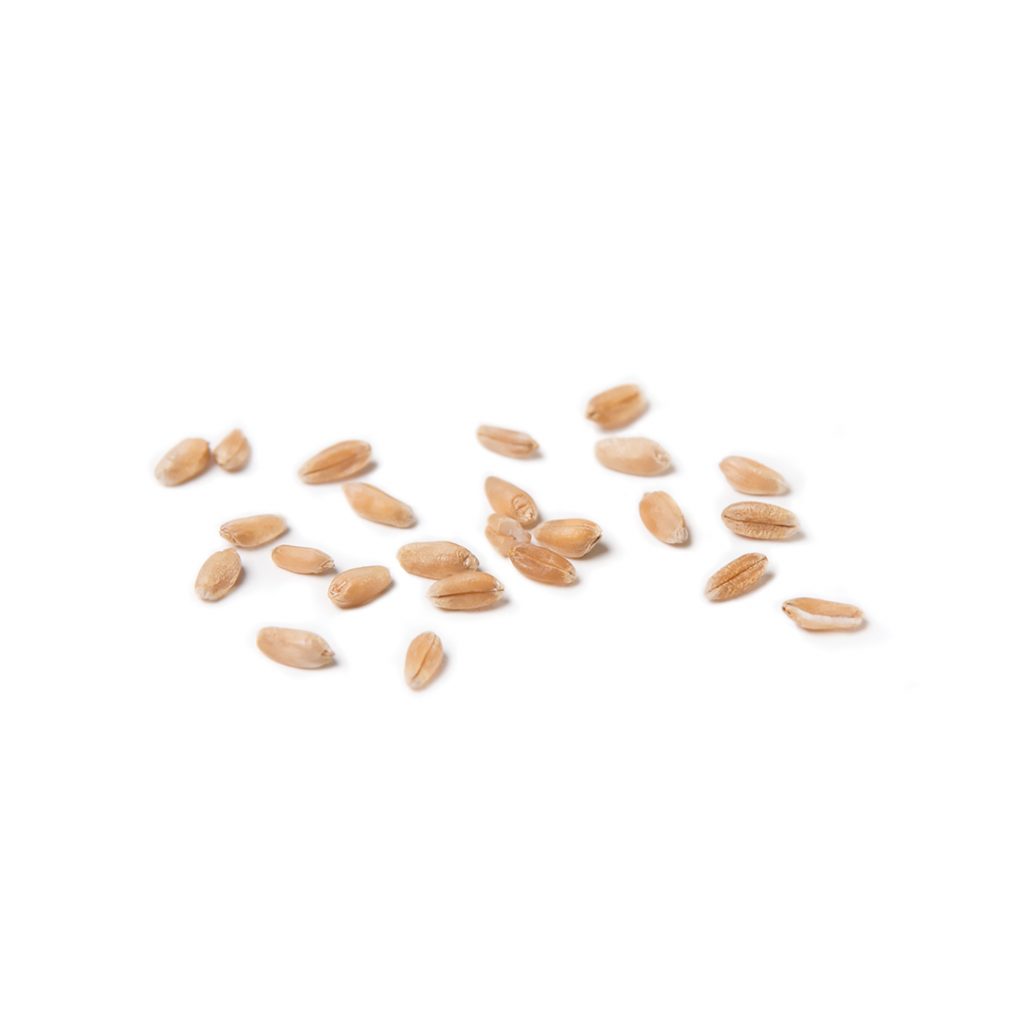RELIABLE ACTION IN UNCERTAIN TIMES
When I became a market analyst 20 years ago, the world of agriculture seemed simpler. Today, I must admit to a deep frustration. My favoured method of analysis is so-called fundamentals. Calculating the difference between supply and demand is a matter of real-world mathematics. If this difference narrows, as measured by ending stocks, prices should respond favourably (bullish). If the surplus expands, prices come under pressure (bearish). A key component of fundamental analysis is having strong confidence in reliable data; the analysis is only as good as the underlying inputs. I have confidently relied on good data most of my career.









